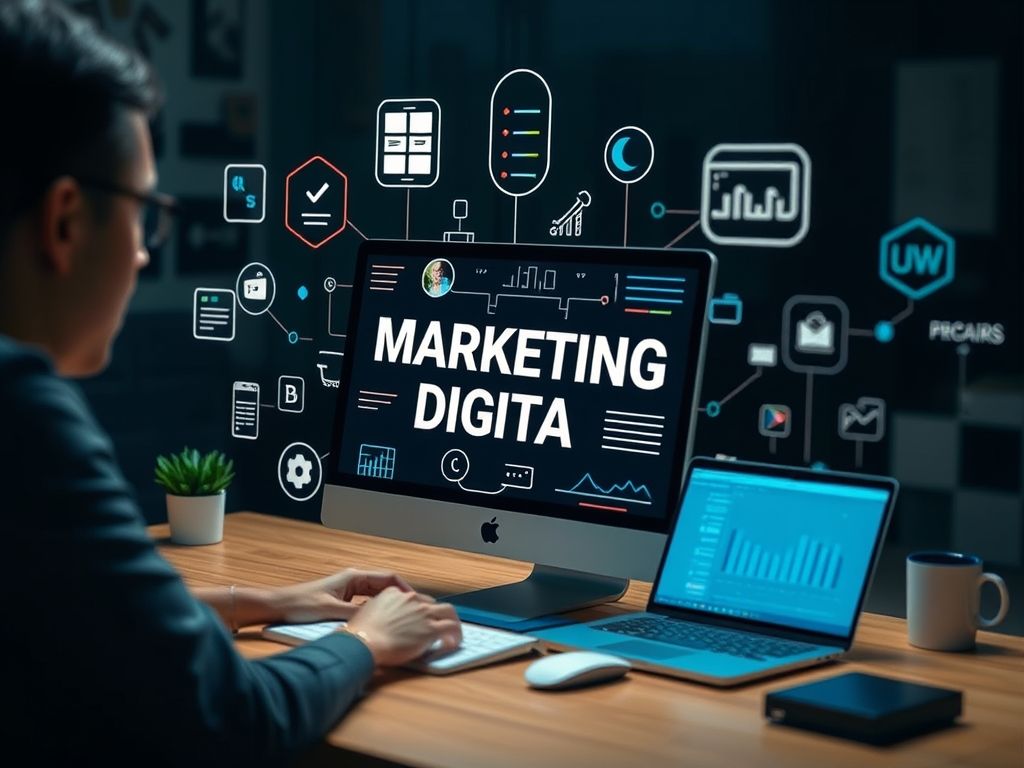Understanding Digital Products
Digital products are intangible goods that exist in digital form, enabling users to access, download, or stream them over the internet. They encompass a wide range of offerings, such as software applications, e-books, online courses, digital art, and music files. Unlike physical products, digital products can be delivered instantly and often have lower production costs, making them increasingly popular in today’s economy.
The Importance of Digital Products in the Modern Economy
In recent years, the significance of digital products has surged, primarily due to the increasing reliance on technology and the internet. Companies leverage digital products to enhance customer engagement, streamline operations, and generate additional revenue streams. For web developers, understanding digital products is crucial, as it influences the design, development, and marketing of digital solutions.
Benefits of Digital Products
- Scalability: Digital products can be sold to an unlimited number of customers without the need for physical inventory.
- Cost-effectiveness: Lower production and distribution costs compared to physical products.
- Accessibility: Digital products are available worldwide, allowing businesses to reach a global audience.
- Instant delivery: Customers can access products immediately after purchase, enhancing user satisfaction.
Types of Digital Products
Digital products can be categorized into several types, each serving specific purposes and audiences. Here are some common categories:
- Software Applications: Programs that run on computers or mobile devices, such as productivity tools, games, and utilities.
- E-books: Digital books that can be read on various devices, offering convenience and portability.
- Online Courses: Educational content delivered through platforms, allowing users to learn at their own pace.
- Digital Art: Artworks created and distributed in digital formats, often sold as prints or files.
- Music and Audio Files: Songs and audio content available for download or streaming.
Real-World Applications of Digital Products
Understanding how digital products function in real-world scenarios can help web developers create effective solutions. Here are a few examples:
1. E-commerce and Digital Goods
Many e-commerce platforms, such as Amazon and Etsy, offer digital products. For instance, a developer might create a plugin for WooCommerce that enables the sale of e-books. This plugin can manage product listings, handle payments, and deliver files to customers automatically.
2. Online Learning Platforms
Platforms like Udemy and Coursera offer online courses as digital products. Developers can create custom learning management systems (LMS) to host and sell courses, incorporating features like quizzes, certifications, and user forums.
3. Software as a Service (SaaS)
SaaS products, such as Dropbox and Slack, are digital products that provide services via the internet. Web developers can build applications that offer subscription-based services, ensuring that users can access the software from anywhere with an internet connection.
How to Create and Market Digital Products
For web developers looking to create and market digital products, the following steps can help streamline the process:
- Identify a Niche: Research areas of interest and demand to find a viable market for your digital product.
- Develop Your Product: Use software development tools and methodologies to create a quality digital product.
- Set Up an Online Store: Use platforms like Shopify or WordPress to create an online store to sell your digital products.
- Implement SEO Strategies: Optimize your product listings for search engines to attract organic traffic.
- Market Your Product: Use social media, email marketing, and online advertising to promote your digital products.
Practical Applications of Digital Products in Everyday Life
Digital products can significantly enhance daily life by providing convenient solutions. Here are some practical applications:
- Self-Education: Individuals can access online courses to learn new skills, such as coding or graphic design.
- Entertainment: Users can purchase and download music, movies, and games for leisure activities.
- Productivity: Software tools, such as to-do list applications, can help users organize their tasks and improve efficiency.
Related Concepts in Digital Products
Understanding digital products also involves familiarizing oneself with related concepts. Here are a few:
- Digital Marketing: The practice of promoting digital products through various online channels.
- Content Management System (CMS): Software that allows users to create and manage digital content easily.
- Intellectual Property (IP): Legal rights related to the creation of digital products, important for protecting creators.
Conclusion: Embracing Digital Products
As the world continues to shift towards digital solutions, understanding digital products becomes increasingly important for web developers. By leveraging their benefits, exploring various types, and applying them in real-world contexts, developers can create valuable offerings that meet the needs of users. Embrace the digital revolution, and consider how you can innovate within this space.
Reflect on how you can apply this knowledge in your projects. Whether you’re developing software, creating an online course, or selling an e-book, the opportunities are vast and exciting. Dive into the world of digital products today!









